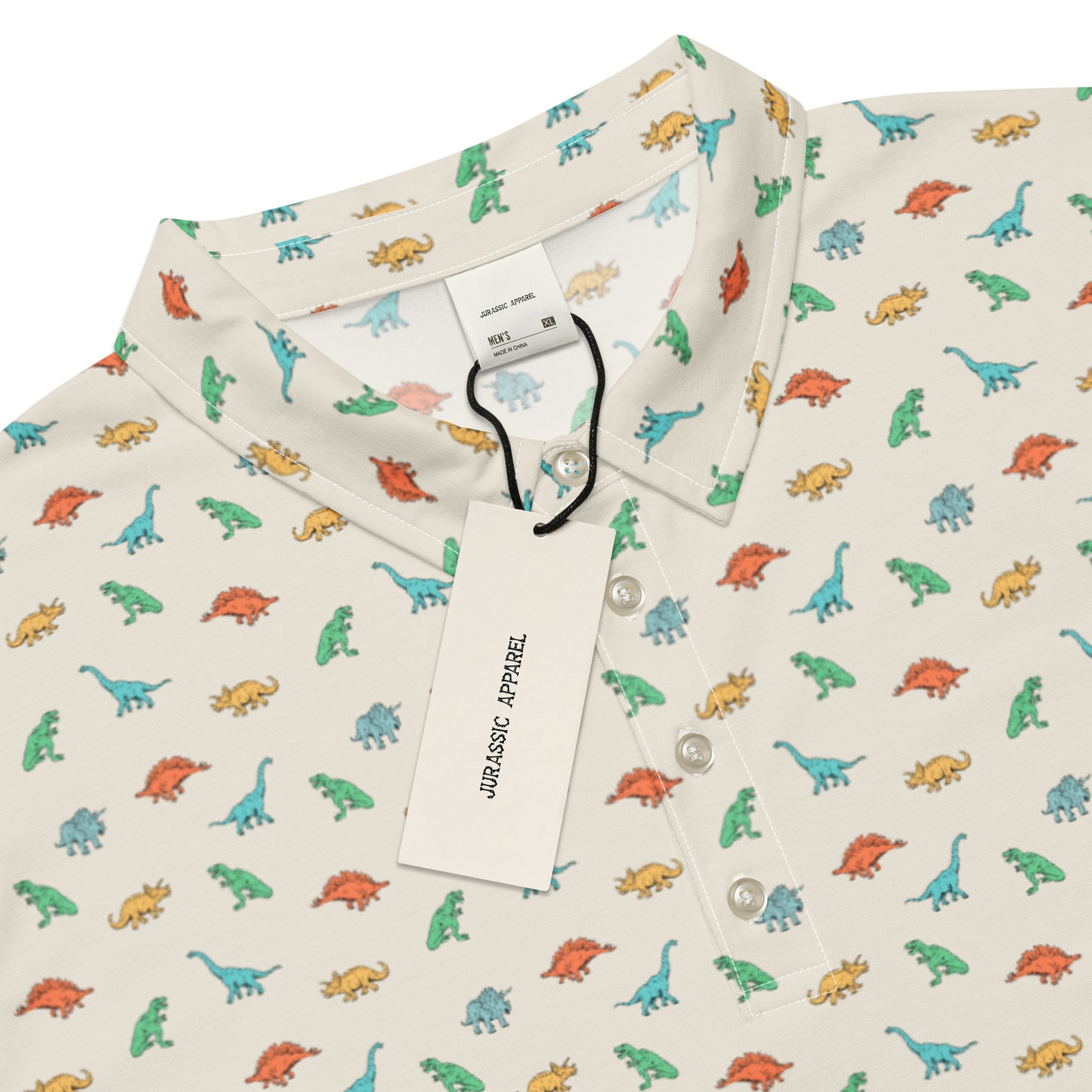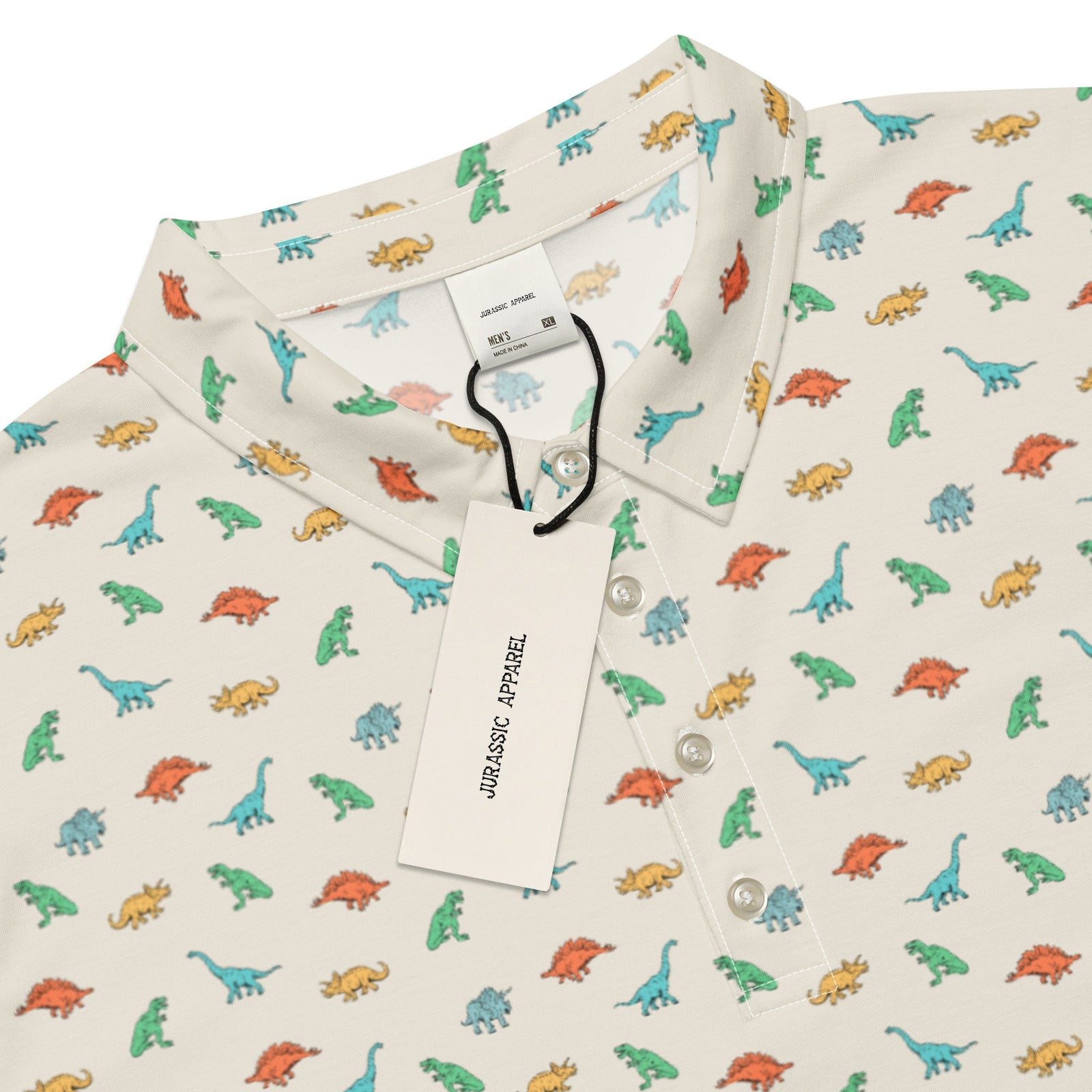Free Shipping On Orders over $75
Free Shipping On Orders over $75
Women's
Men's
Kids
Baby/Toddler
Accessories
Liliensternus
August 05, 2024 2 min read

(AI Interpretation)
All About Liliensternus
Dinosaur Facts:
- Dinosaur Type: Theropod
- Period: Late Triassic
- Diet: Carnivorous
- Length: Approximately 20 feet (6 meters)
- Height: Around 6 feet (2 meters) at the hips
- Weight: Roughly 440-660 pounds (200-300 kg)
- Notable Features: Long limbs, sharp teeth, and a lightweight build for speed
Liliensternus for Kids
Meet Liliensternus!
Liliensternus was a fast, agile dinosaur that roamed the earth over 200 million years ago during the Late Triassic period. Known for its sleek body and powerful legs, this dinosaur is often likened to modern-day raptors.
What did Liliensternus look like?
Liliensternus had long, slender limbs and a sharp, tooth-filled mouth. These features made it an efficient predator, built for speed and agility. Paleontologists believe it may have had feathers, a trait shared with many theropods.
What did Liliensternus eat?
Being carnivorous, Liliensternus likely hunted smaller vertebrates and perhaps scavenged on carrion, using its keen senses and agility to outmaneuver prey.
In-Depth Look at the Liliensternus
Anatomy and Physical Features
With a lightweight body structure and long legs, the anatomy of Liliensternus suggests it was built for speed. Studies indicate that it had a long tail for balance and potentially feathered arms, akin to its more modern relatives.
Behavior and Habitat
Liliensternus inhabited what is now Germany, thriving in a semi-arid environment with rivers and lakes. It preferred open terrains where it could run swiftly to catch prey and evade larger predators.
Scientific Discovery and Research
The first fossils of Liliensternus were uncovered in the 1930s, with significant findings emerging from deposits in the Norian stages of the Triassic period. Ongoing research continues to refine our understanding of this fascinating dinosaur.
(Source: ResearchGate)
Social Behavior and Hunting Techniques
Little is definitively known about the social behavior of Liliensternus. However, its design suggests it may have hunted alone or in small packs. Quick bursts of speed would allow it to chase down agile prey effectively.
Liliensternus in Popular Culture
Although not as well-known as other dinosaurs like Tyrannosaurus rex, Liliensternus has captivated enthusiasts and paleontologists alike, often appearing in documentaries focusing on the evolution of theropods.
Ongoing Research and Discoveries
Current research initiatives aim to uncover more about the social structures and behaviors of Liliensternus, as new fossil finds are constantly adding to the story of this ancient predator.
(Source: American Museum of Natural History)
Conclusion
In summary, Liliensternus serves as a remarkable example of evolution in the Triassic period. Its adaptability and unique features highlight the diversity of dinosaur life and their role within ancient ecosystems. As ongoing research unfolds, we look forward to learning more about this agile predator and its impact on the prehistoric world.
(Source: Natural History Museum)














